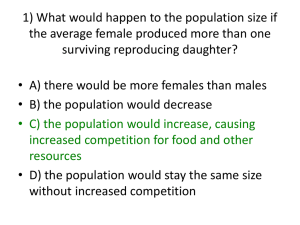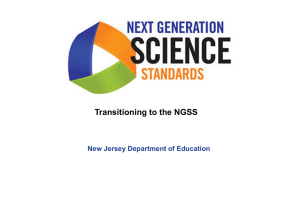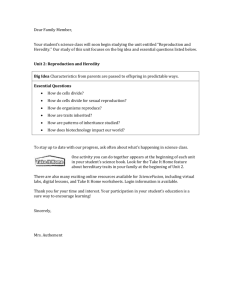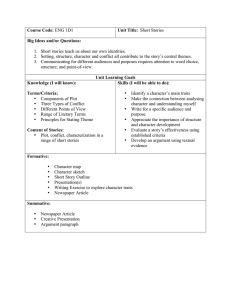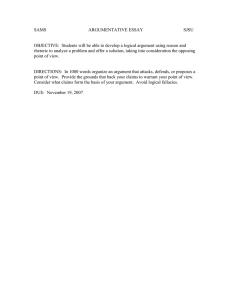NGSS Tie-ins
advertisement
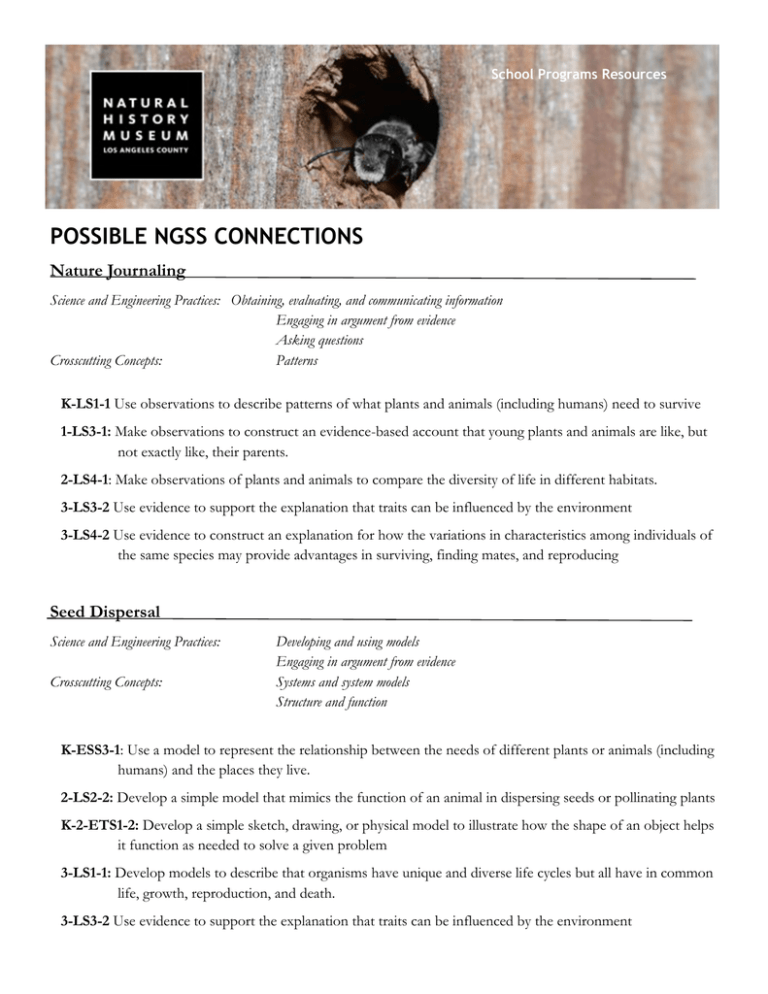
School Programs Resources POSSIBLE NGSS CONNECTIONS Nature Journaling Science and Engineering Practices: Obtaining, evaluating, and communicating information Engaging in argument from evidence Asking questions Crosscutting Concepts: Patterns K-LS1-1 Use observations to describe patterns of what plants and animals (including humans) need to survive 1-LS3-1: Make observations to construct an evidence-based account that young plants and animals are like, but not exactly like, their parents. 2-LS4-1: Make observations of plants and animals to compare the diversity of life in different habitats. 3-LS3-2 Use evidence to support the explanation that traits can be influenced by the environment 3-LS4-2 Use evidence to construct an explanation for how the variations in characteristics among individuals of the same species may provide advantages in surviving, finding mates, and reproducing Seed Dispersal Science and Engineering Practices: Crosscutting Concepts: Developing and using models Engaging in argument from evidence Systems and system models Structure and function K-ESS3-1: Use a model to represent the relationship between the needs of different plants or animals (including humans) and the places they live. 2-LS2-2: Develop a simple model that mimics the function of an animal in dispersing seeds or pollinating plants K-2-ETS1-2: Develop a simple sketch, drawing, or physical model to illustrate how the shape of an object helps it function as needed to solve a given problem 3-LS1-1: Develop models to describe that organisms have unique and diverse life cycles but all have in common life, growth, reproduction, and death. 3-LS3-2 Use evidence to support the explanation that traits can be influenced by the environment School Programs Resources 3-LS4-2 Use evidence to construct an explanation for how the variations in characteristics among individuals of the same species may provide advantages in surviving, finding mates, and reproducing 4-LS1-1: Construct an argument that plants and animals have internal and external structures that function to support survival, growth, behavior, and reproduction. MS-LS1-4: Use argument based on empirical evidence and scientific reasoning to support an explanation for how characteristic animal behaviors and specialized plant structures affect the probability of successful reproduction of animals and plants respectively. MS-LS2-4: Construct an explanation that predicts patterns of interactions among organisms across multiple ecosystens Building a Bee Hotel Science and Engineering Practices: Planning and carrying out investigations Analyzing and interpreting data Constructing explanations and designing solutions Crosscutting Concepts: Structure and function Stability and change 2-PS1-2 Analyze data obtained from testing different materials to determine which materials have the properties that are best suited for an intended purpose. 3-LS4-4: Make a claim about the merit of a solution to a problem caused when the environment changes and the types of plants and animals that live there may change 5-ESS3-1 Obtain and combine information about ways individual communities use science ideas to protect the Earth’s resources and environment 3-5-ETS1-1 Define a simple design problem reflecting a need or a want that includes specified criteria for success and constraints on materials, time, or cost 3-5-ETS1-2 Generate and compare multiple possible solutions to a problem based on how well each is likely to meet the criteria and constraints of the problem 3-5-ETS1-3 Plan and carry out fair tests in which variables are controlled and failure points are considered to identify aspects of a model or prototype that can be improved MS-LS2-5 Evaluate competing design solutions for maintaining biodiversity and ecosystem services HS-LS2-7 Design, evaluate, and refine a solution for reducing the impacts of human activities on the environment and biodiversity
